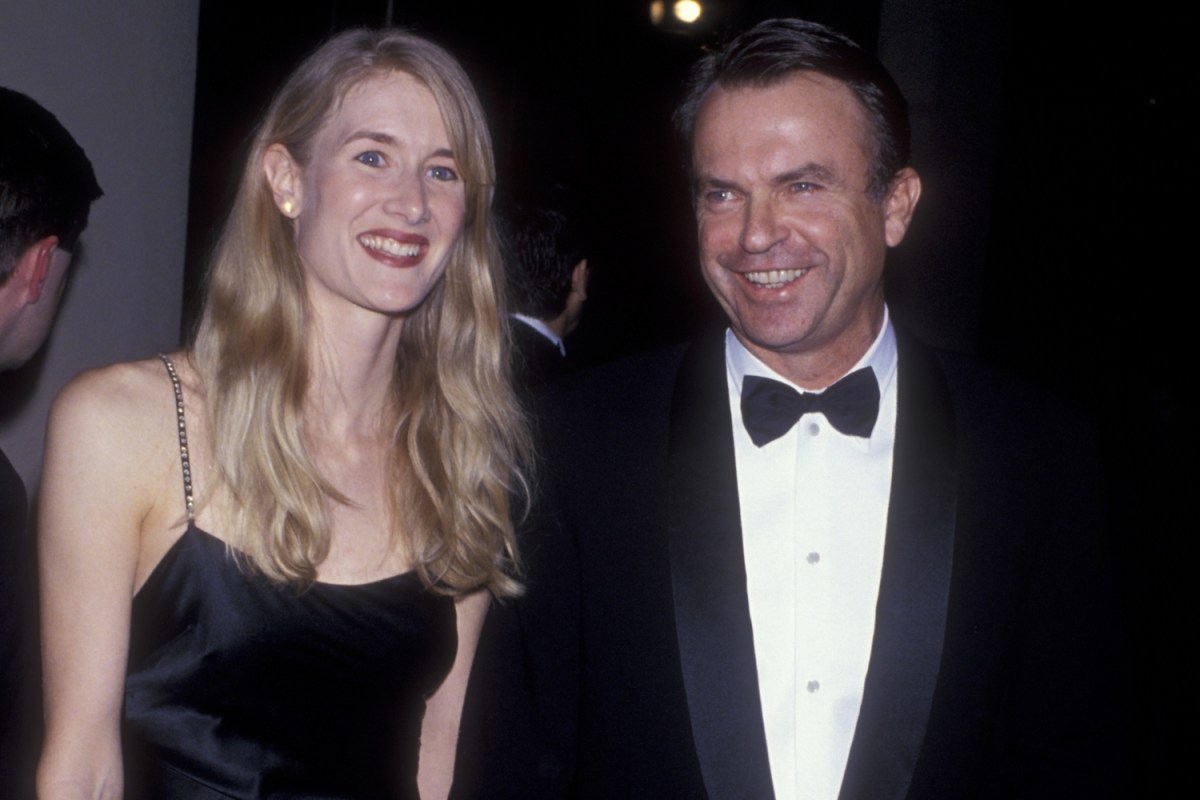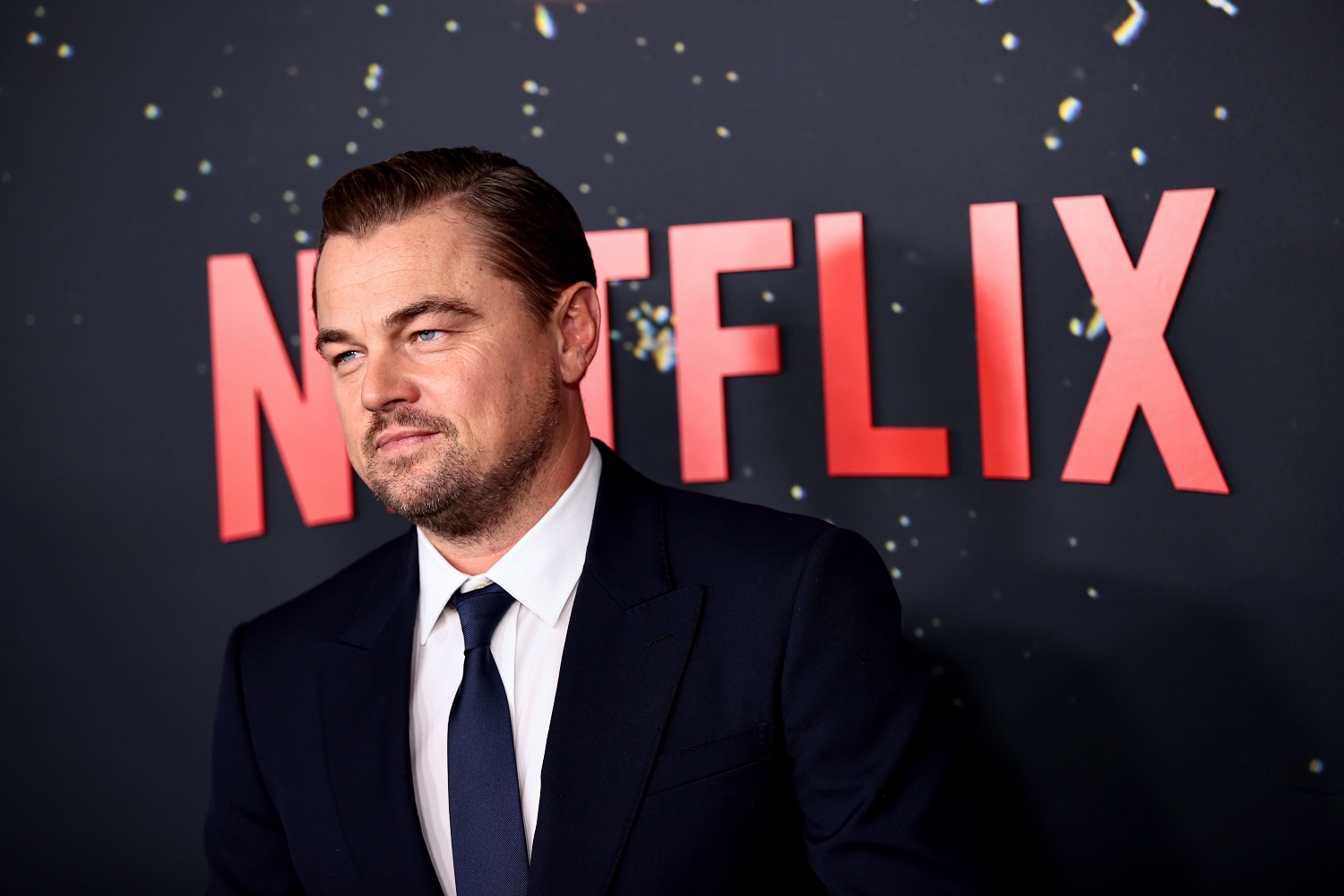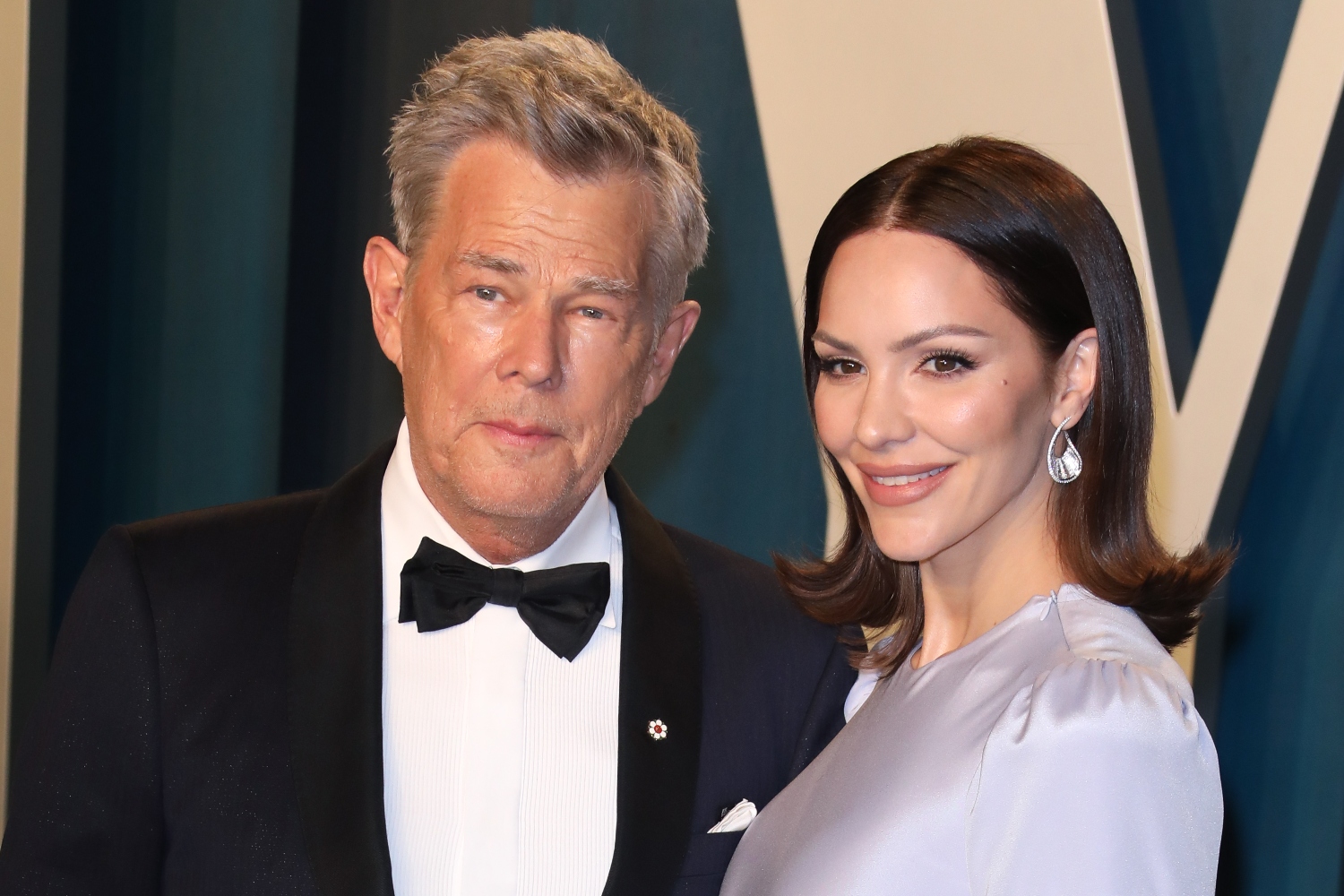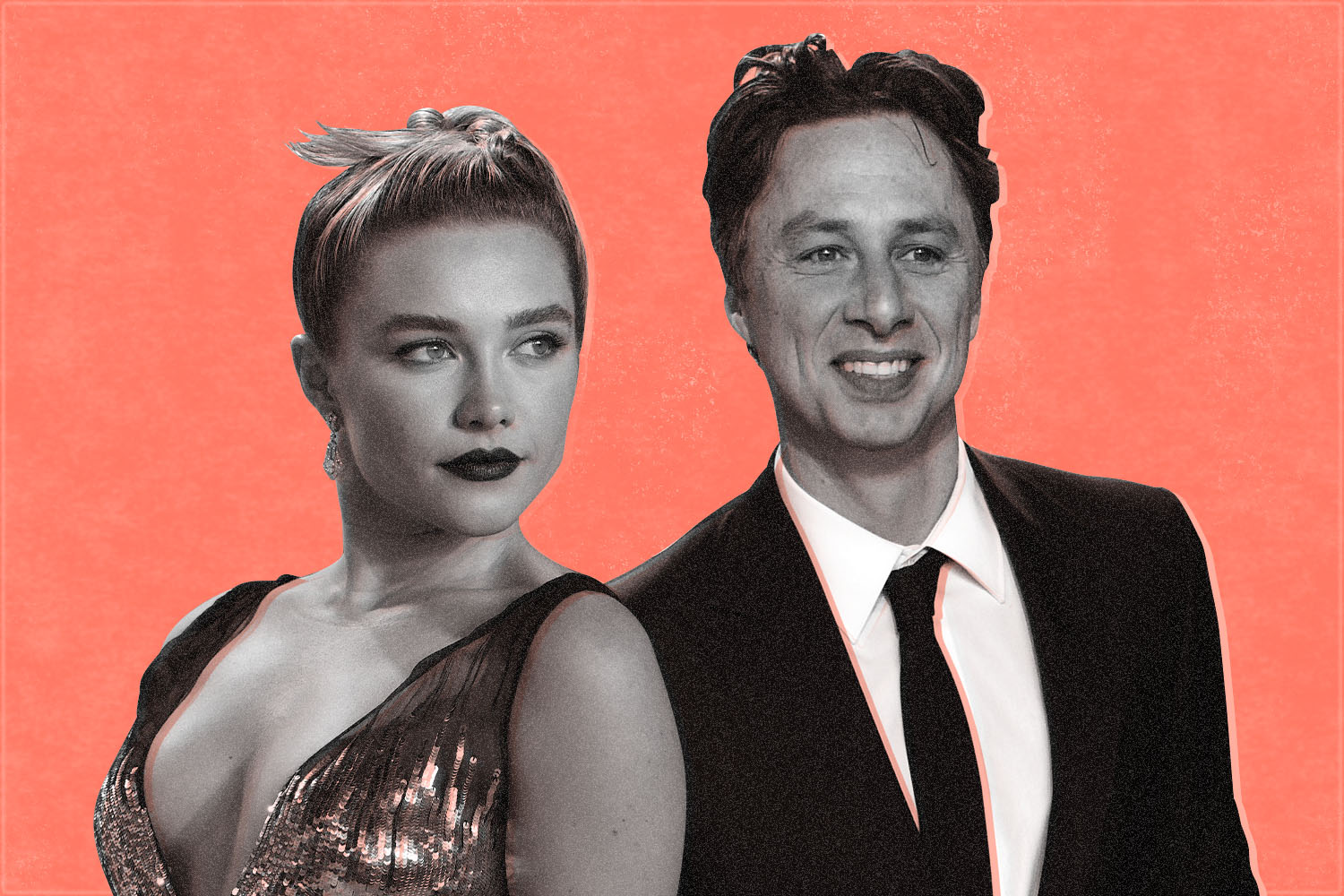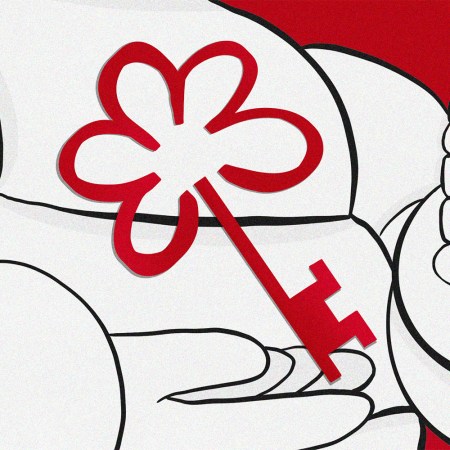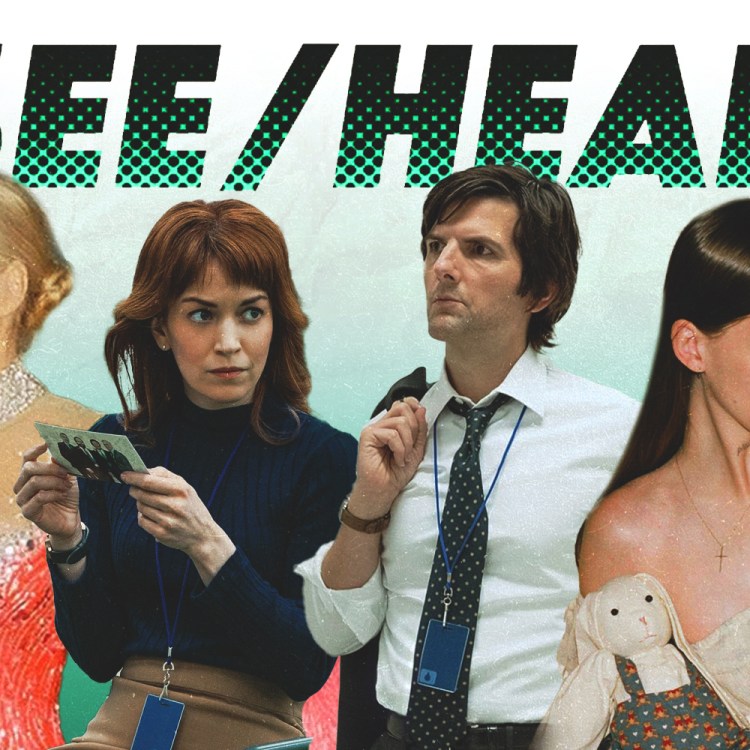Age-gap relationships in Hollywood (whether on-screen or IRL) are obviously nothing new. But attitudes toward them have certainly shifted, at least in the 30 years or so since Laura Dern and Sam Neill shared an on-screen romance in Jurassic Park. Dern was 23 at the time of filming, while Neill was 20 years her senior.
The pair addressed their age difference in a recent interview with The Sunday Times ahead of the release of Jurassic World Dominion, noting that modern audiences may view the on-screen romance more critically than they did 30 years ago. While both Neill and Dern said the age gap felt “completely appropriate” at the time — Neill claimed it “never occurred” to him that it could be considered anything less — Dern added that our current “moment of cultural awareness about the patriarchy” puts things in a different perspective.
What Dern is of course alluding to here is a growing culture of criticism and occasional outrage that has followed age-gap relationships (particularly those involving older men and younger women) in recent years. This culture encompasses many things, from Leonardo DiCaprio jokes to more serious conversations surrounding allegations against men accused of grooming and sexual harassment, as well as arguably sexist and ageist casting decisions that routinely pair middle-aged leading men with women half their age (while the women who are actually their age usually play the middle-aged man’s mom).
The main criticism of Hollywood’s age-gap obsession tends to hinge on the notion that the power imbalance in relationships between an older man and a younger woman makes these relationships inherently predatory, and that Hollywood’s preference for casting its youngest female stars alongside leading men who have been in the business for decades reinforces this sexist, predatory culture.
This criticism is certainly valid. But since the age-gap outrage reached a fever pitch a couple of years ago, some have questioned whether the public (and/or individual members of said public) really have any right to be policing relationships between consenting adults, however young or old they may be. Is it really anyone’s business to determine whether a relationship between two consenting adults is “appropriate,” other than the two people in said relationship?
An on-screen romance like Dern’s and Neill’s is a little different, of course. Much of the time, when Hollywood pairs young female stars with actors twice their age, no “age gap” is even part of the narrative. The casting is just a reflection of the lingering if oft-unspoken societal belief that desirable women are supposed to be forever in their 20s, and desirable men can be any age at all.
Still, one has to wonder if Dern and Neill’s 20-year age gap actually would raise any more eyebrows today than it did 30 years ago. After all, older actors are still playing romantic leads opposite much younger women, Leo is still dating a woman under 25 and Emmy Rossum is playing Tom Holland’s mom. We may be a little quicker to point it out these days, but it’s all still happening. Is it inherently bad or evil? I don’t really know, to be honest. But while I do commend Dern and Neill for their self-reflection, I tend to think they may be giving our “moment of cultural awareness about the patriarchy” a tad too much credit.
Thanks for reading InsideHook. Sign up for our daily newsletter and be in the know.
